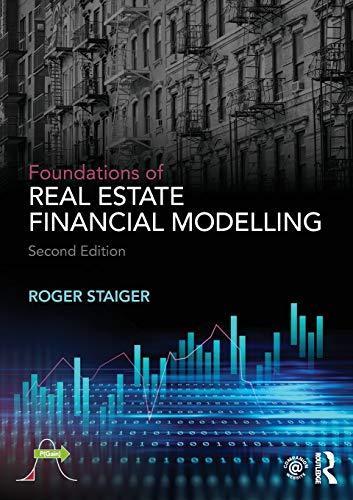Answered step by step
Verified Expert Solution
Question
1 Approved Answer
1 0 . 9 5 The WACC is used as the discount rate to evaluate various capital budgeting projects. However, it is important to realize
The WACC is used as the discount rate to evaluate various capital budgeting projects. However, it is important to realize that the WACC
is only an appropriate discount rate for a project of average riskin other words, a project that has the same beta as the company. If a
project has less risk than the overall company risk, it should be evaluated with a lower discount rate; if a project is riskier than the
overall company risk, it should be evaluated using a discount rate higher than the company WACC.
Analyze the cost of capital situations of the following company cases, and answer the specific questions that finance professionals need to address.
Consider the case of Turnbull Co
Turnbull Co has a target capital structure of debt, preferred stock, and common equity. It has a beforetax cost of debt of and
its cost of preferred stock is
If Turnbull can raise all of its equity capital from retained earnings, its cost of common equity will be However, if it is necessary to raise new
common equity, it will carry a cost of
If its current tax rate is how much higher will Turnbull's weighted average cost of capital WACC be if it has to raise additional common equity
capital by issuing new common stock instead of raising the funds through retained earnings? Note: Do not round your intermediate calculations.
Turnbull Co is considering a project that requires an initial investment of $ The firm will raise the $ in capital by issuing $ of
debt at a beforetax cost of $ of preferred stock at a cost of and $ of equity at a cost of The firm faces a tax
rate of What will be the WACC for this project?
Note: Do not round intermediate calculations.
Consider the case of Kuhn Co
Kuhn Co is considering a new project that will require an initial investment of $ million. It has a target capital structure of debt, preferred
stock, and common equity. Kuhn has noncallable bonds outstanding that mature in five years with a face value of $ an annual coupon rate
of and a market price of $ The yield on the company's current bonds is a good approximation of the yield on any new bonds that it
issues. The company can sell shares of preferred stock that pay an annual dividend of $ at a price of $ per share. You can assume that Jordan
does not incur any flotation costs when issuing debt and preferred stock.
Kuhn does not have any retained earnings available to finance this project, so the firm will have to issue new common stock to help fund it Its
common stock is currently selling for $ per share, and it is expected to pay a dividend of $ at the end of next year. Flotation costs will
represent of the funds raised by issuing new common stock. The company is projected to grow at a constant rate of and they face a tax
rate of Determine what Kuhn Company's WACC will be for this project.

Step by Step Solution
There are 3 Steps involved in it
Step: 1

Get Instant Access to Expert-Tailored Solutions
See step-by-step solutions with expert insights and AI powered tools for academic success
Step: 2

Step: 3

Ace Your Homework with AI
Get the answers you need in no time with our AI-driven, step-by-step assistance
Get Started


